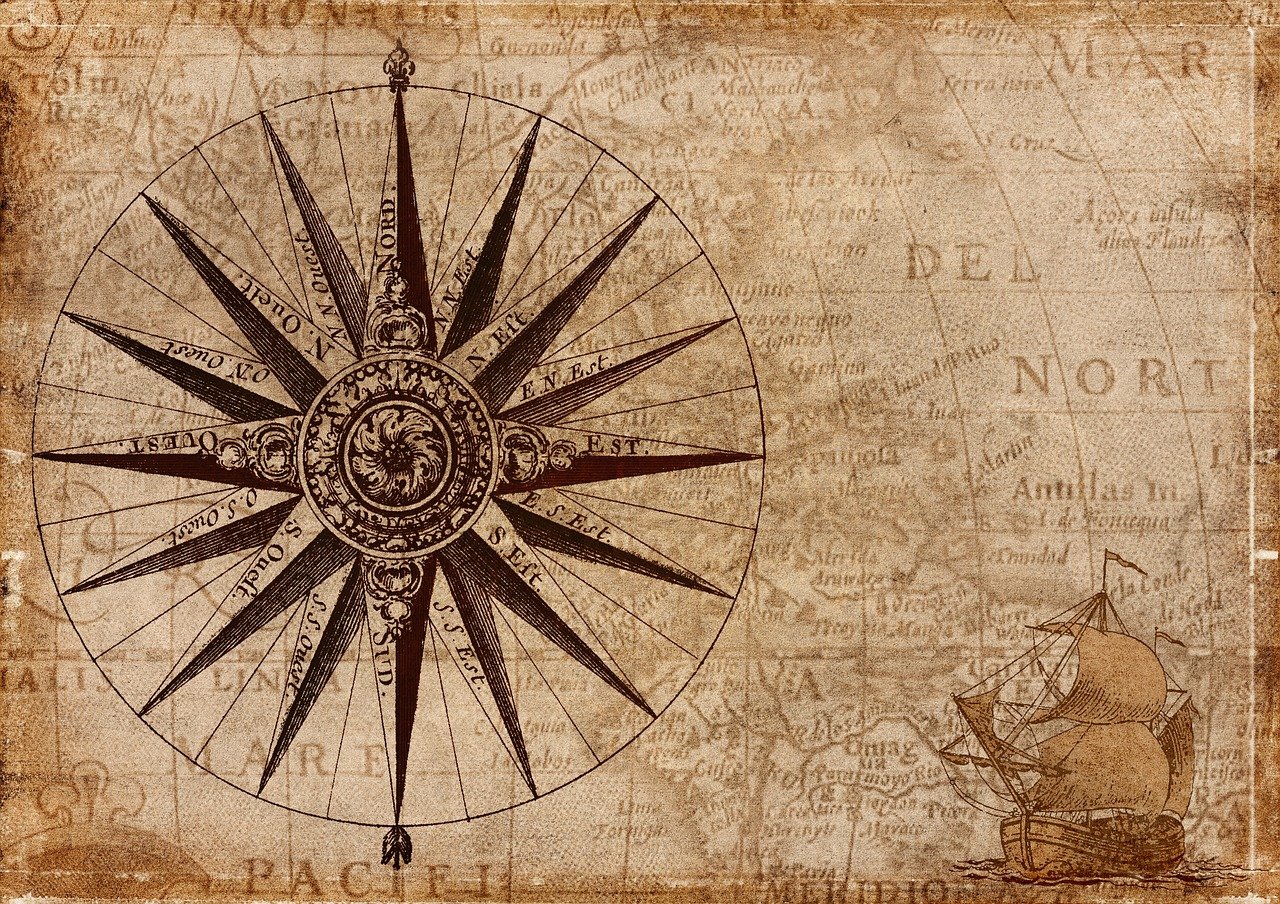Dualism
Dualism is a philosophical concept that posits the existence of two fundamental and distinct types of reality or substances. The roots of dualistic thought can be traced back to ancient civilizations. In Zoroastrianism, an ancient Persian religion, dualism manifested in the cosmic struggle between the forces of good (Ahura Mazda) and evil (Angra Mainyu). Similarly, in early Hindu philosophy, concepts like Purusha (spirit) and Prakriti (matter) reflect a dualistic understanding of existence.
In Western philosophy, dualism gained significant traction with the works of Plato in the 4th century BCE. Plato proposed the existence of two separate realms: the physical world, which is imperfect and constantly changing, and the world of forms or ideas, which is eternal and unchanging. This distinction laid the groundwork for later philosophical explorations of the relationship between the material and the immaterial.
The most influential proponent of dualism in modern philosophy is René Descartes, a 17th-century French philosopher. Descartes introduced “Cartesian dualism,” asserting that reality consists of two distinct substances: res cogitans (thinking substance or mind) and res extensa (extended substance or body). He argued that the mind is a non-physical entity responsible for consciousness and thought, while the body is a physical entity governed by mechanical laws. This mind-body dualism raised questions about how the two interact, leading to ongoing debates in philosophy and psychology.
Throughout the 18th and 19th centuries, dualistic ideas faced challenges from emerging materialist and monist philosophies, which argued that only one type of substance—usually matter—constitutes reality. However, dualism persisted in various forms, influencing theological discussions about the soul and afterlife, as well as scientific inquiries into consciousness.
In contemporary philosophy and cognitive science, dualism remains a topic of debate. While some theories propose physicalist explanations for consciousness, others, like property dualism and panpsychism, suggest that mental phenomena cannot be fully explained by physical processes alone.
The history of dualism reflects humanity’s enduring quest to understand the nature of reality, consciousness, and the relationship between mind and matter.
Weekly Popular
Newsletter
Subscribe to our newsletter to stay up-to-date on our latest news and announcements.






